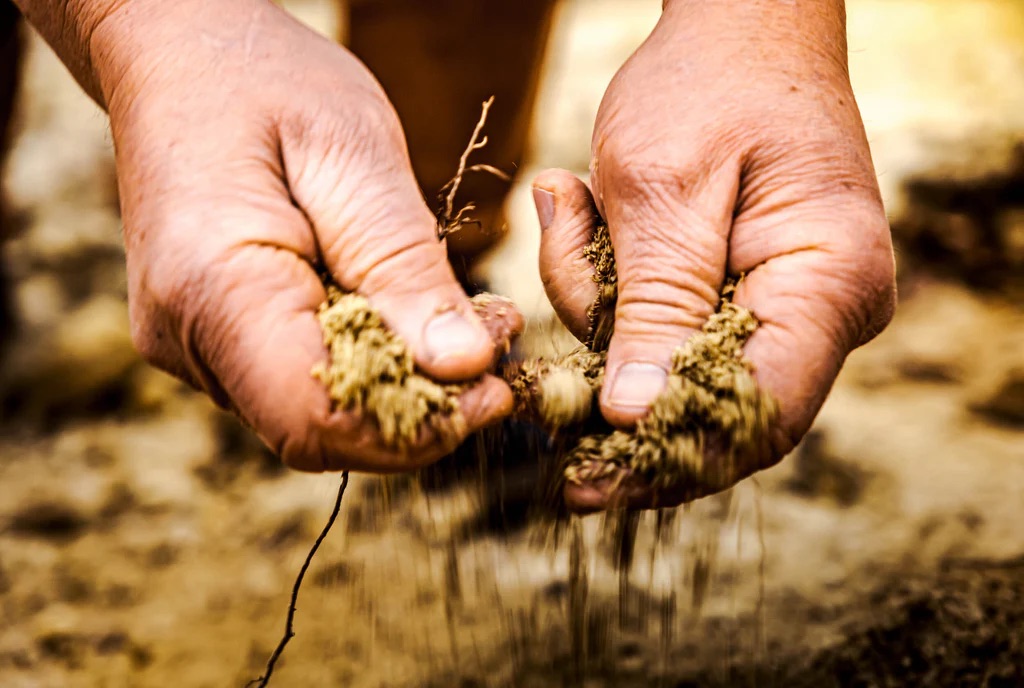The growing trend for “natural” wines among young wine lovers is impossible to ignore. And while the corresponding impetus of millennials to seek out a more sustainable lifestyle – including organic, biodynamic, and “natural” products – is laudable, there is often great confusion around what “natural” in the wine world actually means.
De-coding “natural”
The basic terms to understand are:
- Organic: wines are made from grapes grown without synthetic fertilisers, pesticides, or herbicides
- Biodynamic: wines are made organically, incorporating principles of biodynamic agriculture, such as lunar cycles and soil regeneration
- Natural: wines are made organically or biodynamically, with little to no addition of sulfites*
*Sulfites are used to fine and stabilise wine prior to bottling. They protect against bacterial modification, and preserve the chemical balance that gives a wine its flavour – freshness, aromas, tannin texture, etc. For wines destined to improve in bottle with age, sulfites are a necessity – without them, the chemical make-up of the wine remains volatile, and it risks re-fermentation or turning to vinegar.
N.B. the negative impact of sulfite use in wine on the environment is minimal. Even the idea that sulfites are responsible for hangover headaches is a common misconception!
“Natural” in practice
Beyond the misuse of “natural” to describe organic or biodynamically-produced wines, an estate’s official certification provides an additional layer of complication. The conversion to organic or biodynamic certification takes 3 vintage cycles, and in practice, many top domains simply farm and vinify organically without saying so on the label.
World-leading estates, Domaine de la Romanée-Conti and Château Palmer have made wine biodynamically since 2007 and 2014 respectively (though the latter has only been certified since the 2017 vintage). Further icons such as the great Château Rayas have never used chemical substances to treat soils – to some such estates, certification is therefore obsolete.
The nature of the business
Ultimately, producers making wine organically, and/or adopting practices that promote biodiversity benefit from the following advantages:
- The ability to enhance the expression of terroir, resulting in wines that are more reflective of their place of origin, and therefore “higher quality” in the eyes of a modern consumer.
Vineyard longevity – treating the soil and its surroundings carefully results in healthier vines, that can produce better grapes for longer, and that therefore require less frequent replacement. - Beyond clarifying our position on natural wines (which if you haven’t already guessed, is generally unfavourable), the main distinction this article seeks to make is between the two worlds of wine – immediate consumption, and delayed gratification. While our expertise and passion falls in the latter camp, fine wines built to withstand the test of time and organic or biodynamic wines are not mutually exclusive.
Indeed, for the top estates with long-term vision, organic or biodynamic viticulture is just good business.

